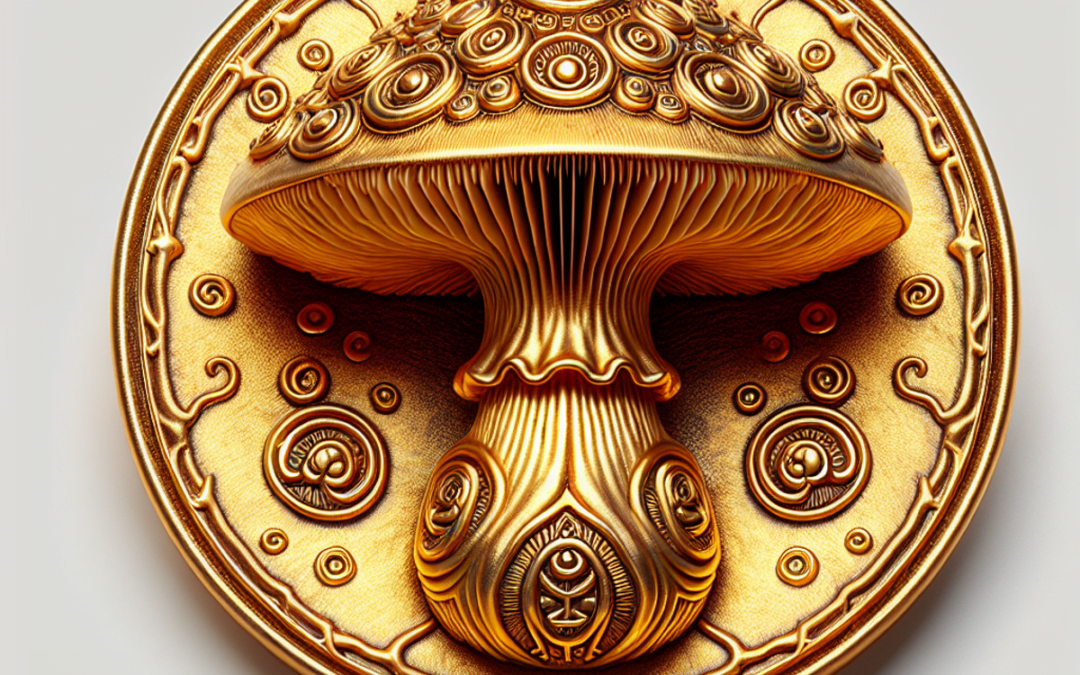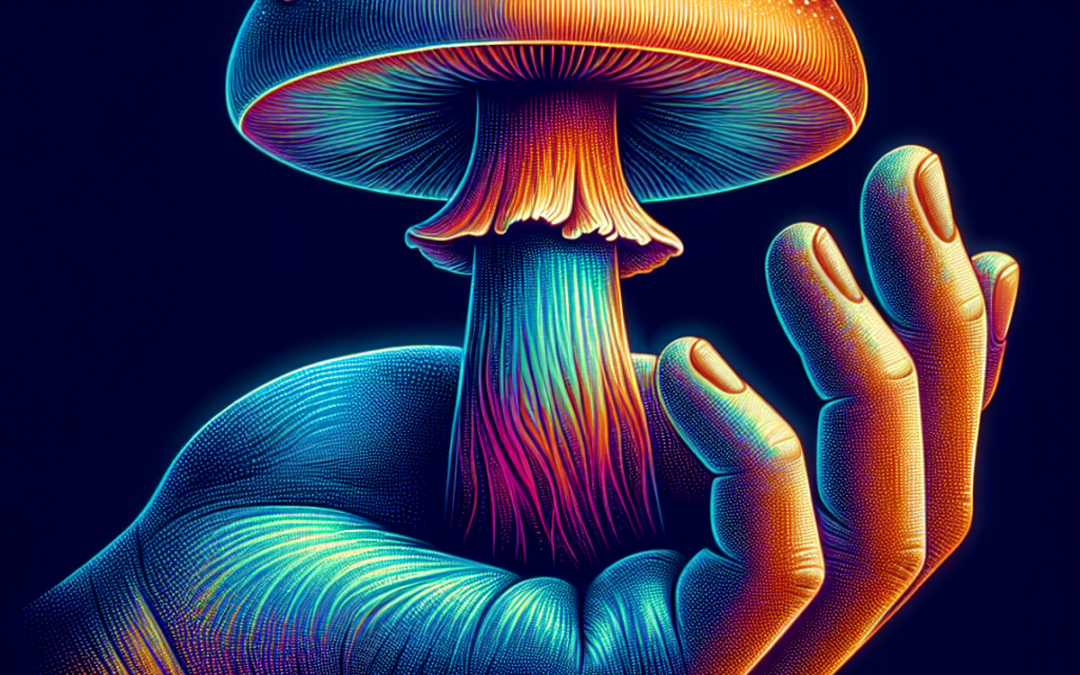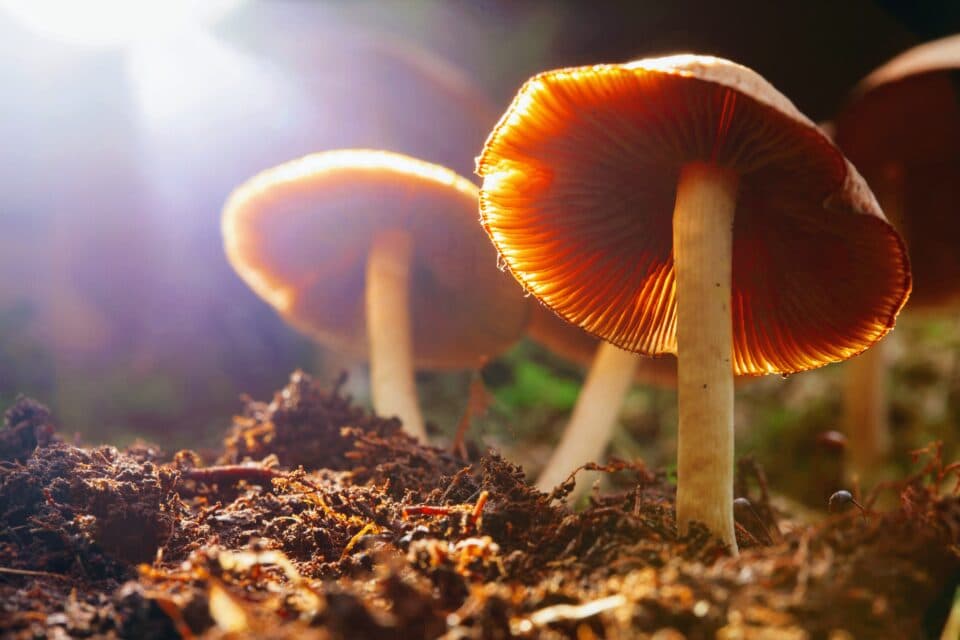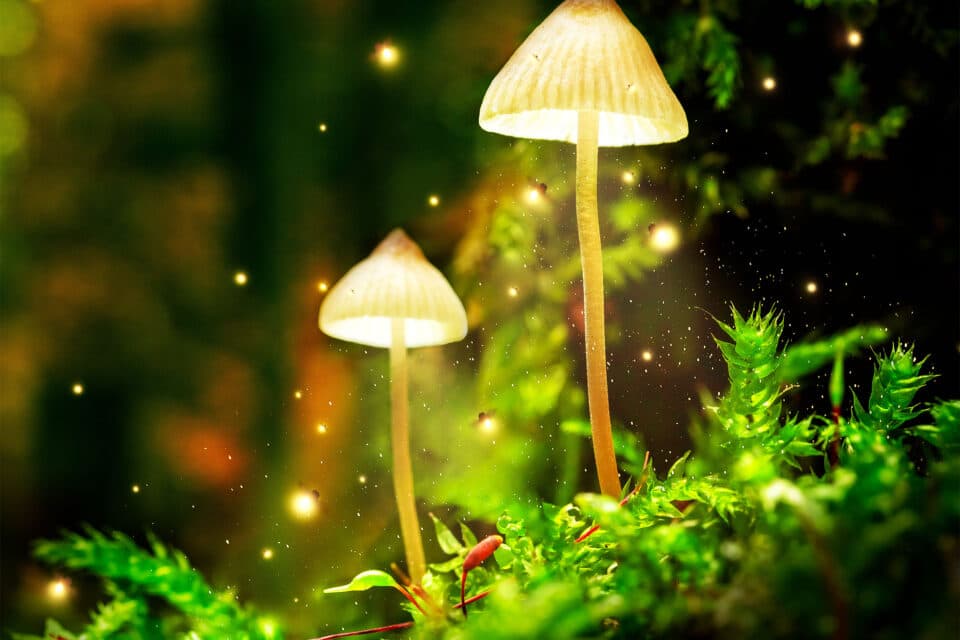A Saskatchewan resident has been approved by the federal Office of Controlled Substances to use psilocybin — an active ingredient in ‘magic mushrooms’ — to treat his anxiety.
Thomas Hartle has Stage 4 colon cancer. The 52-year-old father of two was diagnosed in 2016.
“I have been through three major abdominal surgeries. I’ve been through a couple of different sessions of chemotherapy which I am currently taking,” Hartle said.
“I had a bit of a remission for a couple of years and I had a recurrence in August of 2019. So at that time I am no longer eligible for surgery or radiation. Chemotherapy is currently my only option.”
Hartle said there are a lot of things to deal with when diagnosed with terminal cancer.
“I most certainly do what I can to get by day-to-day and you try to prepare for the future as best you can.”
Hartle said he is frequently hit with anxiety. He said there are prescription medications that mask the symptoms, but don’t do much more.
“Masking the symptoms is similar to if somebody had a heart attack and went to the hospital and they gave them morphine for the pain and sent them home,” Hartle said. “It’s not a solution.”
Hartle said he’s looking for something to change the root cause of his anxiety. He said he first heard of psilocybin therapy while researching ways to manage neuropathy — a side effect of chemotherapy where a person loses feeling in their fingers and toes.
Hartle said he found a type of mushroom used in traditional Chinese medicine and eventually found research done at the Johns Hopkins University on using psilocybin mushrooms for end of life cancer patients.
For almost 20 years, researchers at Johns Hopkins’s behavioural pharmacology research unit have been looking at the effects of psilocybin, mainly how it affects anxiety and depression in people with life-threatening cancer and in those with tobacco addiction.
In 2016, the university published findings saying the majority of people suffering cancer-related anxiety felt “considerable relief for up to six months from a single large dose of psilocybin.”
The university said the drug was given in tightly controlled conditions with trained monitors. From 51 adult patients, about 80 per cent showed significant decreases in depressed mood and anxiety six months after one dose, the university said in a statement.
In January 2020, the university announced it would be expanding its research to look at how psilocybin may help those with opioid addictions and those with post-traumatic stress disorder (PTSD). The new studies are currently paused due to the coronavirus pandemic.
Hartle and three other Canadians submitted applications to the Office of Controlled Substances asking to be allowed to try psilocybin therapy.
“I’m not a doctor, but having read the research and a lot of the papers that researchers have put out it looks to be like it is potentially a way to allow a therapist and a patient to access some of the difficult things that you deal with,” Hartle said.
Psilocybin has been illegal since 1974. Last week, the office approved an exemption for the four Canadians.
“That was a really good day,” Hartle said. “Finding out that you at least have the opportunity to try something that might make a difference is really a hopeful moment for me.”
Hartle said he’s been greatly helped by the advocacy group TheraPsil, which advocates for terminally ill patients to have access to the drug. TheraPsil said it had been campaigning for more than 100 days when the exemption was granted.
“We were absolutely thrilled,” TheraPsil’s Holly Bennett said. “The biggest joy comes from knowing that these four individuals can now access a treatment option that can be very healing, and reduce the daily distress they face.”
TheraPsil said it will continue to advocate for others wanting access to the drug legally and wants the therapy to be accessible without a federal exemption.
Hartle said there have been some hopeful moments, but the anxiety continues to hit unexpectedly.
“For anybody who has cancer, you understand that any pain you have has to be cancer,” he said.
He said he has tumours in his intestines that could cause a bowel obstruction, which would prevent him from eating and potentially split his intestines.
“So you can imagine that any ache and pain is almost immediately a source for a panic attack.”
Hartle will now have to grow his own mushrooms to get the psilocybin, as they are not legally available in Canada. He said he hopes the public knows there is a large difference between using recreationally and using in a therapeutic setting.
“You are working with your therapist before a session to target your particular things that will be beneficial to look at during a session,” he said. “You are being guided and you have somebody who is looking after you.”
Hartle said that if the therapy works, he hopes maybe to take a trip down to an amusement park with his kids one more time once it’s safe.
“The hope of course is that I can spend my days without having daily anxiety and spend my time with my family and my kids, putting together the memories that you would like them to have,” Hartle said. “Doing things that I enjoy instead of thinking about not being here.”
